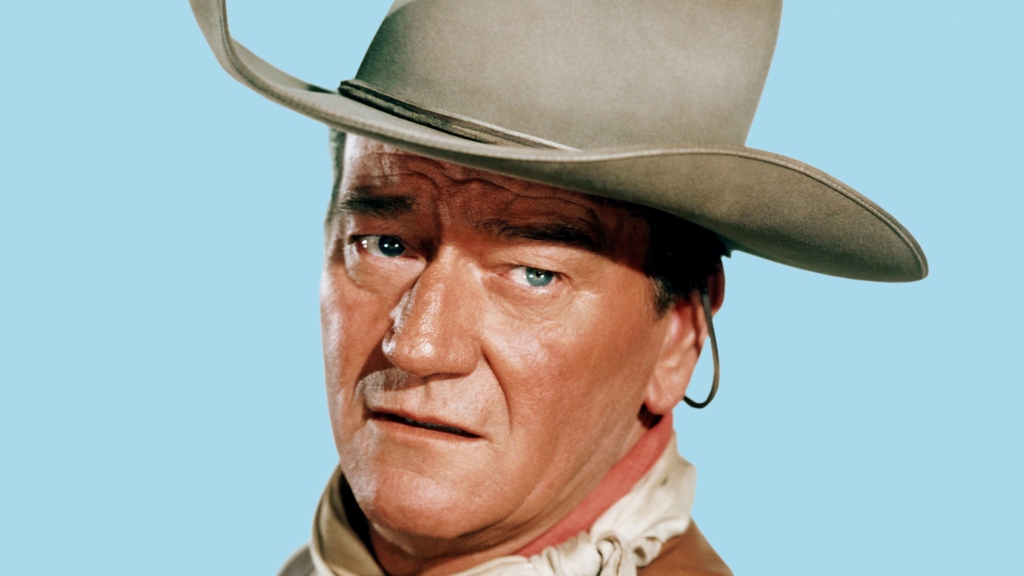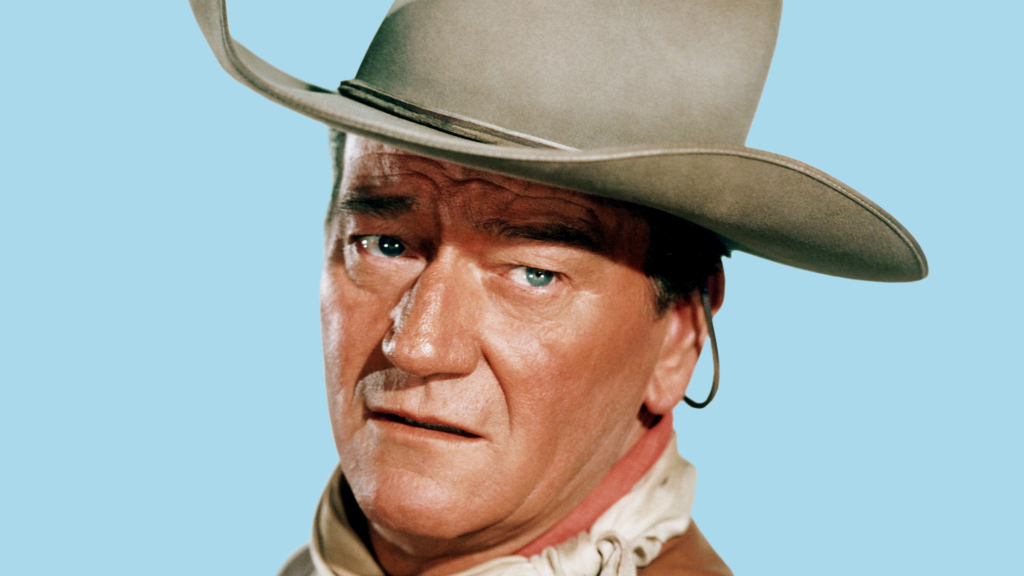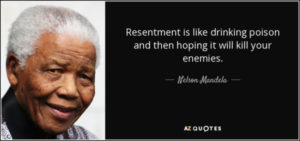
Aging Care Question: Dad (93) was recently diagnosed with Stage 4a adenocarcinoma of the lung. Chemo/Radiation suggested. How do we make this decision?
I wish there were a clean-cut, clear answer.
Unfortunately, there isn’t one — especially because the circumstances are different for each person.
1. At what age is the person with the diagnose?
2. Is this a first diagnose or a return?
3. Is it in multiple organs?
4. Are there other chronic diseases at play (i.e. dementia, liver or kidney disease, heart failure, strokes)
Most importantly, what is the will of your loved one to fight the disease and continue to live their best life?
John Wayne, an American actor, was known for being the tough guy. He enrolled in a cancer vaccine study in attempt to ward off the disease. Unfortunately, he succumbed to stomach cancer. Shortly before his death, he requested that his tombstone read, “Feo, Fuerte, y Formal,” a Spanish epitaph meaning, “Ugly, Strong, and Dignified.”

This is why I strongly advise the 40/70 rule. If you are 40 years old, it’s time to have the “What If” conversations while everyone is relatively healthy. Ask your parents, “What do you want to have happen if you are diagnosed with cancer or early dementia?” When playing the “What If” game, if you know your family’s medical history, start with those questions first.
We are all living longer with more health issues. At some point we are all going to be faced with the question of how we want to live our last few years. It’s important to start asking, “What’s most important to me? Mobility? Being able see friends or family? Living in a warm state?”
It is a personal question with no wrong answers — and your answers may change over time. Maybe you and your spouse retire in Florida as the goal, and after five beautiful, hot years your spouse dies. Now, you may find yourself missing your adult children and you wanting to live near them. That’s totally fine.
Since the COVID-19 pandemic, we are all rethinking how far or close are we from extended family.
So if you have not talked to your parents, it’s time to start asking open- and close-ended questions about their wishes and dreams.
And if you are 70 or older, be proactive! Start to talk to your adult children about what you want. It may take a few conversations, maybe even an argument or two, but I beg you to start having the conversations. If a crisis comes, it’s easier for everyone if your children know what you want and no one is left making critical decisions out of guilt or panic. Knowing they’re making decisions based on your wishes will bring them peace of mind.



